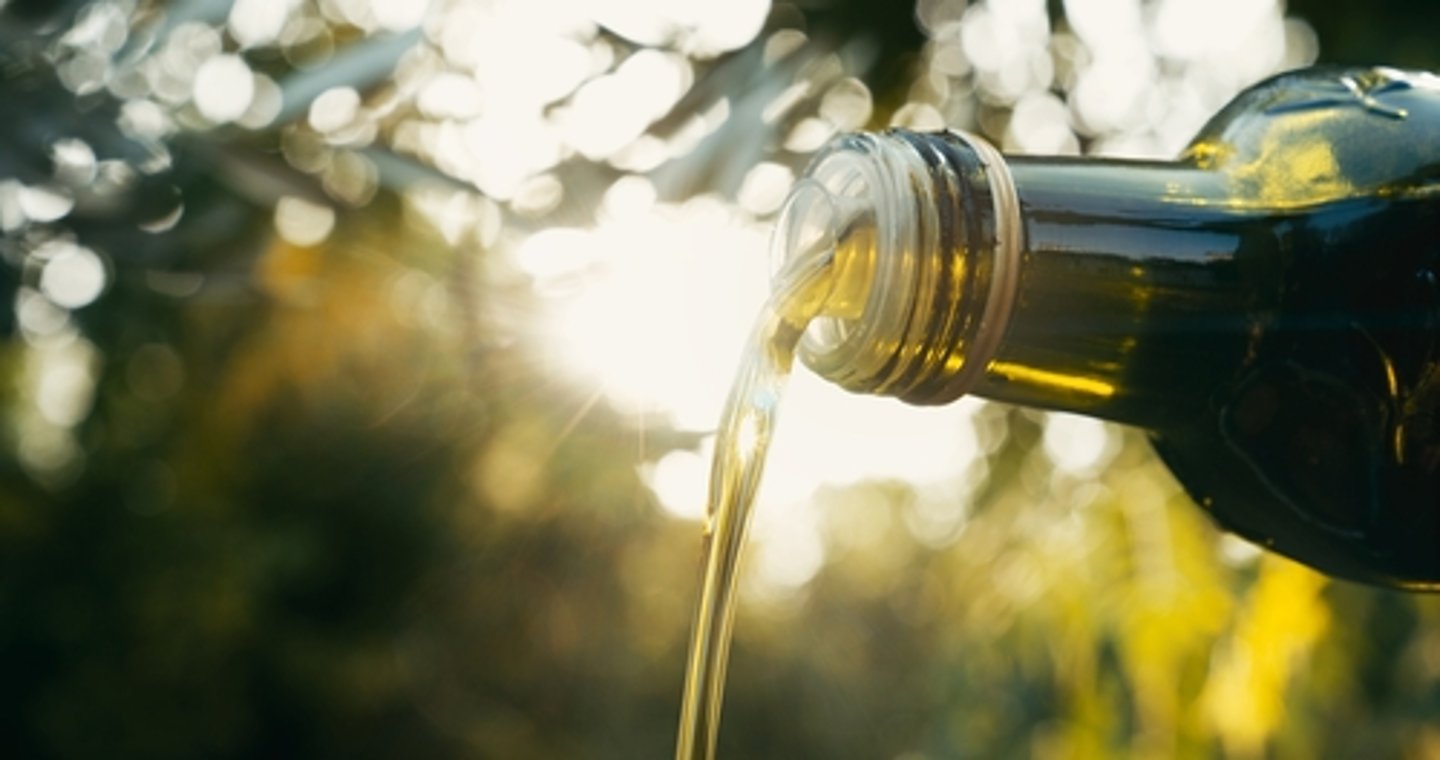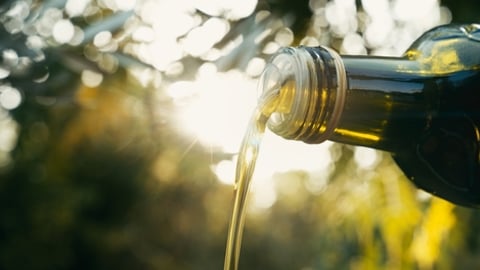
A recent study of olive oil included 37 private labels and 153 national brands.
A study of 190 olive oils sold under national brands and retail private labels found no instances of adulteration when tested against International Olive Council (IOC) standards, according to the North American Olive Oil Association (NAOOA).
The research was completed for the NAOOA by Tassos C. Kyriakides, Ph.D., assistant professor of biostatistics at the Yale University School of Public Health, and sampled 37 store brand olive oils and 153 olive oils sold under national brands. Adulteration occurs when a product supplier mixes olive oil with non-olive oils.
The report did not identify any of the private label brands or national brands that were tested.
“This is great news,” said Joseph R. Profaci, executive director of NAOOA. “The top concern we hear from consumers is whether the olive oil they’re buying might be cut with seed oils, a fear largely driven by sensational claims on social media about so-called ‘fake’ olive oil. These results are consistent with NAOOA’s internal testing over the past decades, including testing we supervise for our NAOOA Certified seal program.”
The report from Kyriakides concluded that the finding of less than 1% of adulteration aligns with two other smaller, off-the-shelf studies. A report from the UC Davis Olive Center in 2010-11 found no economic adulteration, and a peer-reviewed study published by U.S. Food and Drug Administration (FDA) scientists in 2015 found no confirmed economic adulteration and concluded the risk of such adulteration of EVOOs was “low.”
NAOOA said the 2024 testing program was launched as part of its mission to promote quality and ensure American consumers have access to authentic olive oils. In late 2023, media reports raised concerns that a sharp rise in olive oil prices, driven by two consecutive bad harvests, might lead to a surge in adulterated products on U.S. supermarket shelves.


Dining and Cooking